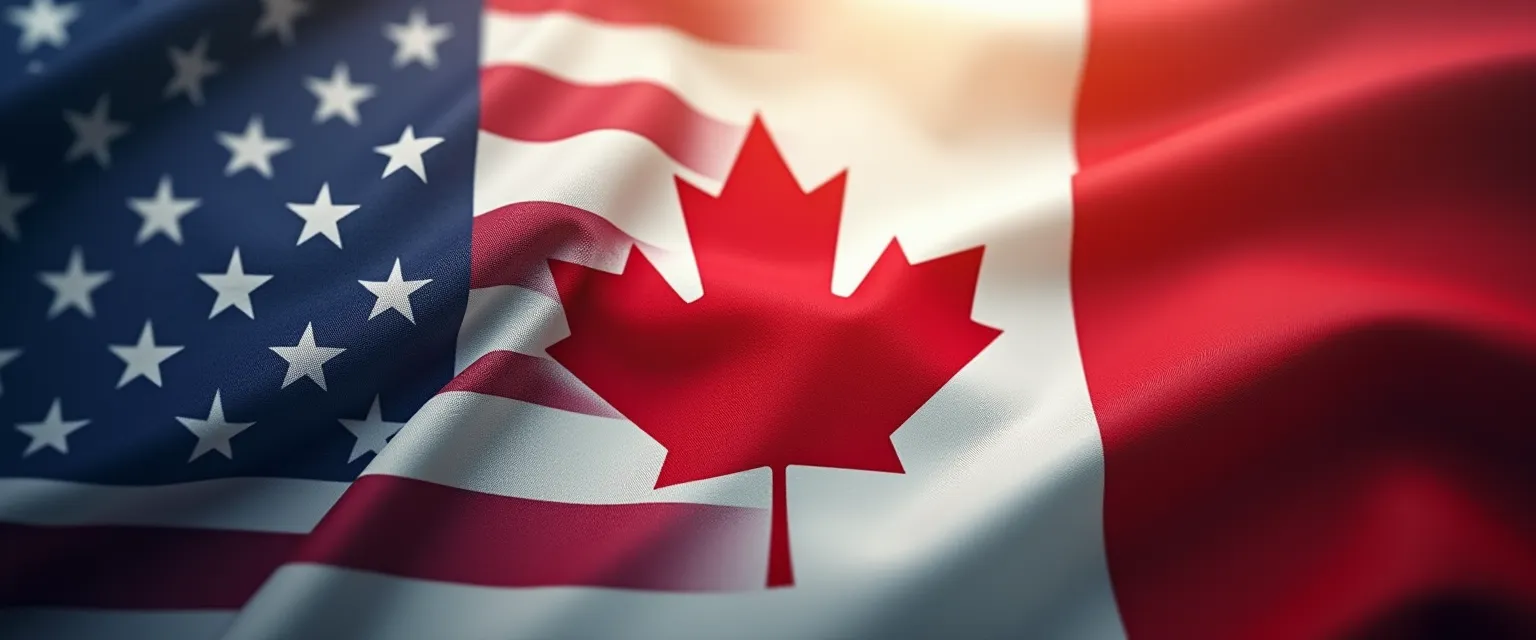A New North American Vision
As we stand at the dawn of a new era in North American relations, history offers us valuable insights into transformative political unions. The potential integration of Canada as America’s 51st state bears remarkable parallels to British Columbia’s historic decision to join the Canadian Confederation in 1871—a choice that transformed a struggling colony into a thriving province while preserving its unique identity and values.
Historical Context: The Path to Prosperity
In the late 1860s, British Columbia faced significant challenges as a distant British colony. Isolated geographically and economically, it sought a path forward that would secure its future while maintaining its distinct character. The solution came through confederation with Canada—a decision that would bring economic stability, improved infrastructure, and enhanced security while allowing British Columbia to retain its local governance and cultural identity.
The success of this union offers valuable lessons for our current opportunity. Just as British Columbia maintained its unique character while gaining the benefits of confederation, Canada can preserve its identity while accessing the unprecedented opportunities of American statehood.
Modern Opportunity: A Natural Evolution
Today’s proposed union between Canada and the United States represents a natural evolution of our centuries-old partnership. Unlike the colonial pressures of the 1800s, this modern union is founded on shared values, mutual respect, and common goals:
-
Economic Integration – Beyond merely removing trade barriers, statehood would create the world’s most dynamic economic zone, combining Canada’s vast resources with America’s market access and financial power. Canadian businesses would gain unrestricted access to U.S. markets, venture capital, and investment opportunities.
-
Enhanced Healthcare – The union would preserve Canada’s universal healthcare principles while providing immediate access to America’s world-leading medical research, specialized treatments, and healthcare innovation—creating a model that combines the best of both systems.
-
Technology & Innovation – Canadian entrepreneurs and innovators would become full participants in Silicon Valley’s ecosystem, with direct access to the world’s largest technology market and investment community.
-
Global Leadership – As America’s largest state, Canada would gain powerful representation in Congress and the Senate, ensuring our voice shapes global policy while maintaining our traditional values of diplomacy and multilateralism.
Preserving Canadian Identity
A crucial difference between 1871 and today is our enhanced ability to preserve and celebrate cultural identity within larger political unions. Modern statehood would:
- Maintain Canadian cultural institutions and traditions
- Preserve provincial governance structures
- Protect bilingual heritage and language rights
- Continue celebrating Canadian achievements and holidays
- Keep unique Canadian cultural expressions and symbols
Economic Renaissance
The economic implications of union would far exceed those of 1871’s confederation. Analysis suggests the integration would create:
- A combined GDP exceeding $30 trillion
- Seamless labor mobility across the continent
- Integrated energy and resource markets
- Enhanced infrastructure investment
- Stronger retirement security through combined pension systems
- Increased global competitiveness in key industries
A United Future
Just as British Columbia’s confederation with Canada opened new horizons while preserving local identity, the proposed Canada-U.S. union offers a similar transformative opportunity. The success of British Columbia’s integration—maintaining its unique character while gaining the benefits of a larger union—provides a compelling model for Canada’s potential future as America’s most influential state.
This is not merely about economic integration—it’s about creating a stronger, more prosperous North America while preserving the values and traditions that make Canada unique. As we consider this historic opportunity, we can learn from our past: bold visions, when executed with wisdom and respect for local identity, can create extraordinary futures.
Looking Forward
The path ahead offers an unprecedented opportunity to shape North America’s future. Just as British Columbia’s confederation decision led to more than 150 years of growth and prosperity, Canada’s potential union with the United States represents a chance to create an even more remarkable future—one that honors our past while embracing new opportunities.
As we contemplate this historic possibility, we’re not just considering a political union—we’re envisioning a future where Canadian values, innovation, and potential can flourish on an even greater scale, while maintaining the unique character that makes Canada special.
Last updated:



